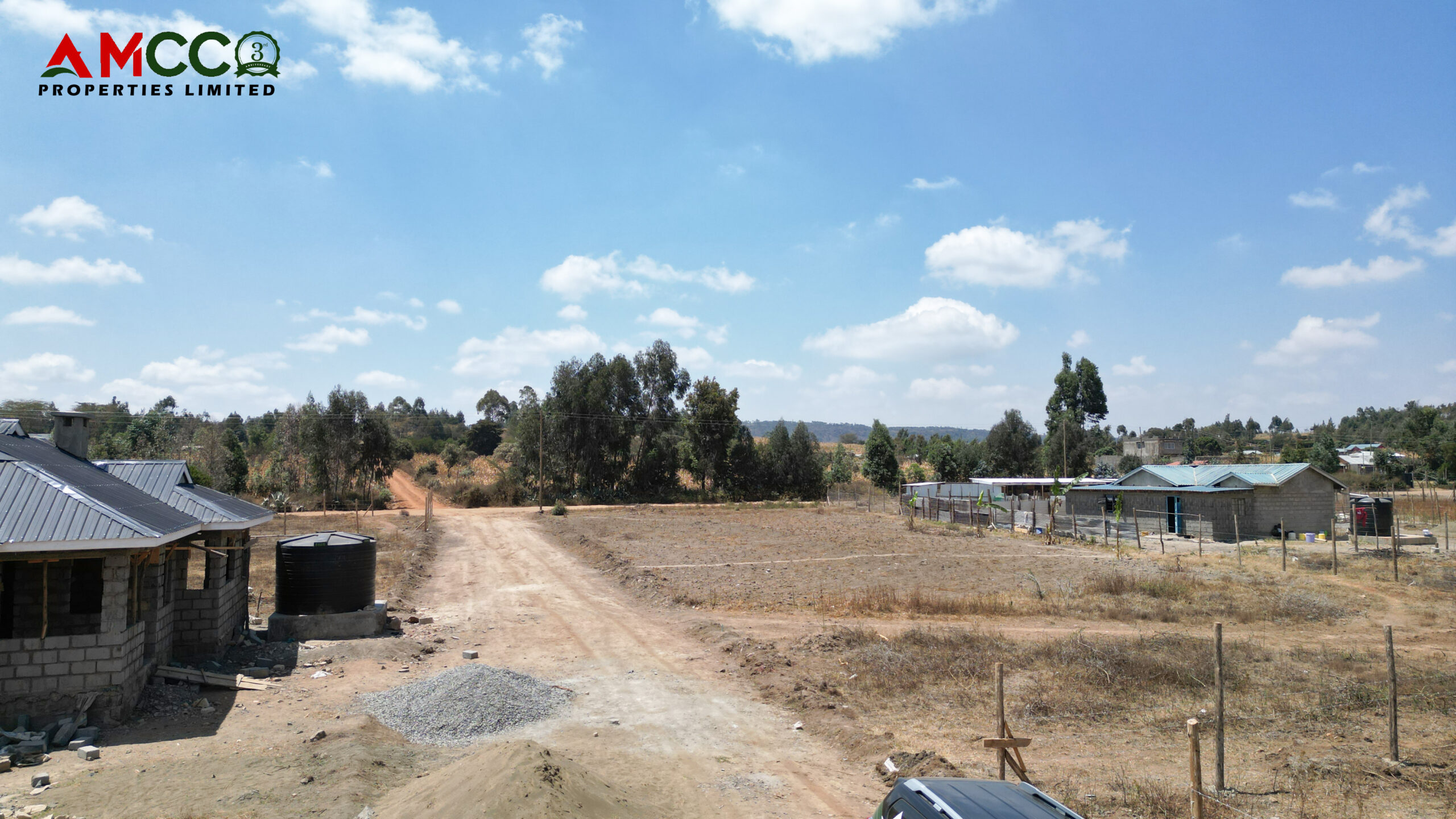The Difference Between Brokers and Real Estate Agents
A broker is one who buys and sells goods on behalf of other people, even though they don’t have any ownership connections with what they are selling. They basically arrange and negotiate for the purpose of getting a principal on a commission basis. They also arrange transactions between a buyer and a seller for a commission when the deal is executed. Whereas real estate agents are those who rent out buildings and land for clients, they usually work for a company. They are professionals who help clients buy, sell, or rent properties. They are licensed by the state and have a fiduciary duty to act in their clients’ best interests. They can mostly specialize in residential, commercial, or industrial properties. Some agents may even specialize in specific types of properties, such as luxury homes or vacation rentals. Below is the difference between real estate brokers and agents:For the brokers, here are their responsibilities:1. Brokers are able to work independently
A broker can work alone and own their own real estate firm.
2. They have freedom and flexibility
Because they can operate as independent agents, they have the freedom to structure their own career paths.
They could open their own firm and have agents working underneath them, or they could work independently.
3. They work for the price and not for the seller
This is because with them, it is all about getting their commission.
Responsibilities of Real Estate Agents
The responsibilities of real estate agents can vary depending on whether they are representing the buyer or the seller, or whether they are just supervising agents.
Below are their responsibilities:
1. Providing guidance for the seller as they prepare a home for listing and showings
Real estate agents are professional and educated on how to go about the whole process of how they can walk a client through step by step and see that they have sealed and convinced the interested buyer.
It is something that they have specialized in.
2. Submitting offers to the seller
Once they have established that connection or approval with the company, land sellers are entrusted with such information as how much a property is going for so that they can hand the information to the interested buyers.
3. Helping the buyer craft an offer and creating a purchase agreement
With their trained expertise, the real estate agents have the expertise to create a purchase agreement with the buyer for them to submit it to the land company owners.
4. Delivering and explaining documents and coordinating the transaction process
Real estate agents, as their names suggest, have the capability of convincing the buyer to buy the land and take the offer by breaking it down for them on why they should take the deal.
They also do the explanation process on how the land documents are done, making the whole process easier and more efficient.
5. Coordinating inspections and repair negotiations
The real estate agents help in coordinating inspections; for instance, if they are agents specifically specializing in selling properties, they will take you to the home and do a close, detailed inspection with you on site and clarify and attend to anything that needs urgent attention or reiteration.
The same applies if they are selling land; they will take you to the site visits see the land, and be ready for anything you may want adjusted or any questions you may want clarification on.
6. Assisting the buyers at closing
They will certainly help you close a land deal, which means they will help you in seeing that you have the necessary documents that are needed to close a land deal or property.
7. Instructing and training new agents
They are the same people who will also help in training and guiding the new agents.
Why? because they have more experience in the field and have been in the market for a long time, despite having the same education as those who have just joined.
Even though this is the case, both of them have similarities that are:
Representing buyers and sellers
Marketing homes for sale
Negotiating prices and managing transactions
Prospecting buyer and seller leads
Holding open houses and showing homes
Renting residential and commercial units





